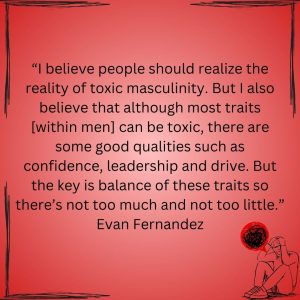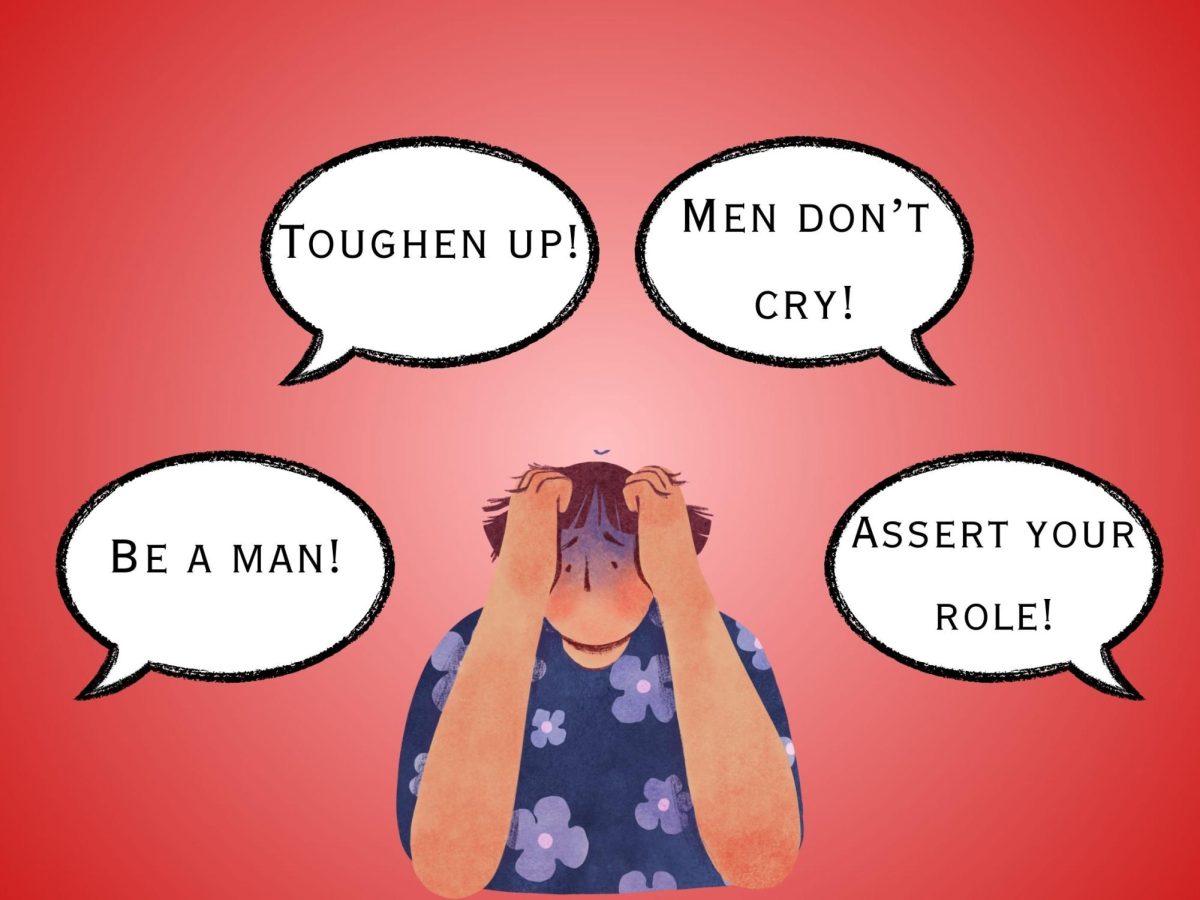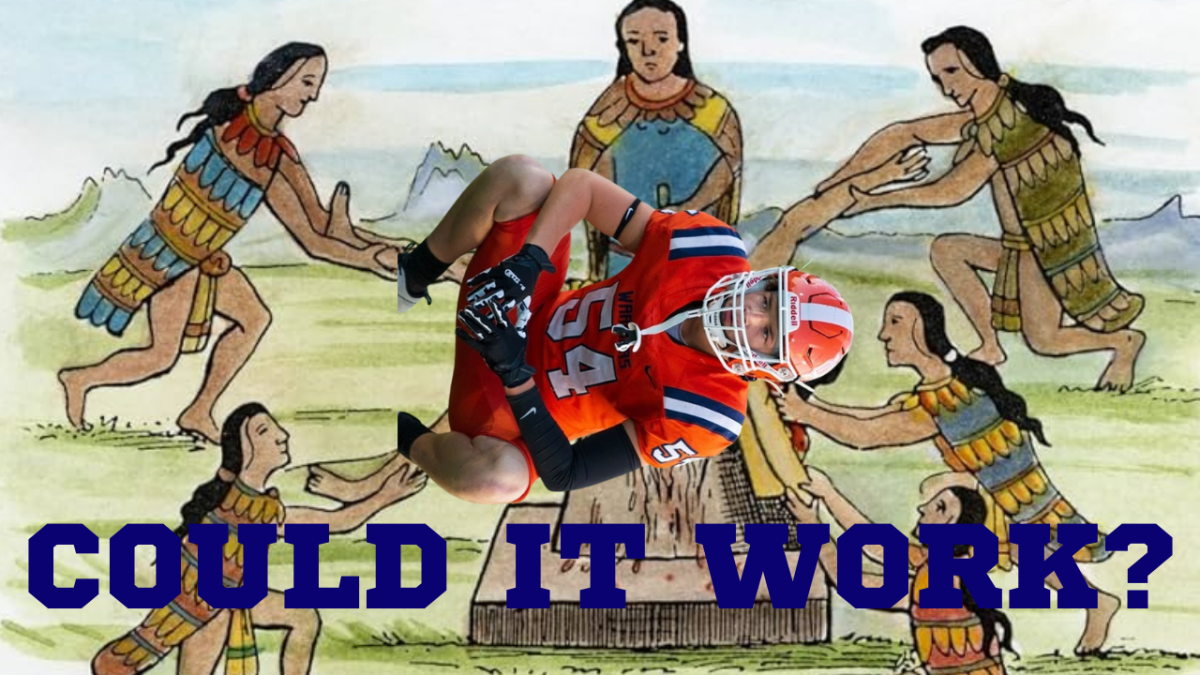Coined in the 1980s, the term toxic masculinity continues to haunt today’s society and specifically targets men. Toxic masculinity refers to the set of stereotypical behaviors exhibited by men, perceived by the world as negative or inappropriate, such as aggression or control. However, the title of toxic masculinity has stopped influencing how men act and rather convinced them that the term stands as overused, dramatized and false.
In the late 20th century, in what he called the mythopoetic movement, psychologist Shepherd Bliss sought to explain the damaging behaviors displayed in men with the term toxic masculinity. Bliss created this term to define his military father, who he saw as authoritative and domineering. He believed the term described any male who exhibited behavior that diminishes women, other men and children.
Over the years, the belief in toxic masculinity has decreased, especially with men. Without recognizing this term as true, men continue living with misogynistic tendencies, such as violent behavior toward women or crude comments toward non-masculine men. As long as a portion of society disbelieves in toxic masculinity, society as a whole risks increasing the chances of male children growing up with toxic beliefs and false male standards.
“I don’t believe in toxic masculinity because it’s not true. I only see toxic masculinity in society when men are egotistical and show off narcissistic traits. I did not know the term ‘toxic masculinity’ until Covid-19 hit and I saw girls mention it in TikTok comments. I just don’t know how to comprehend toxic masculinity. Is it just taking ‘being a man’ too far?” senior David Achamaja said.
People who believe toxic masculinity does not exist may also claim that the term feminism acts as a form of retaliation to attack men when in reality feminism only represents the goal of equality between men and women. Toxic men force society to conform to traditional gender roles which creates a hierarchy where masculine men reign over feminine women.
Toxic masculinity does not refer to every single man. Occasionally, a man could display negative traits or express dated beliefs on gender norms, and only then should society see him as toxic. In a modern society, however, the roles of men and women shift as needed. While some norms such as a man solely providing for his family come off as common and non-toxic, o

thier beliefs can influence unhealthy behavior within growing boys. Teaching young men never to show emotion, belittle women, or respond aggressively acts as toxic. For example, a father attempting to restrict emotion from his children can cause an internal build-up of psychological distress and other serious problems.
“I believe in toxic masculinity because I saw those [negative] traits and behaviors instilled in me from male role models such as my dad, uncles and grandfather. I see common behaviors among men upholding violent and aggressive tendencies to assert power over others. [I feel] the ‘macho mentality’ is also still prominent in our society today. I believe a lot of these debates on toxic masculinity stemmed from the question of what it means to be a man in today’s society and what the roles of a man should be in social contexts,” senior Evan Fernandez said.
In understanding toxic masculinity, society demolishes past harmful or negative behaviors, beliefs and standards held toward men. Just believing in toxic masculinity can better society by normalizing positive behaviors and encouraging new ways of living when it comes to gender roles and masculinity.











